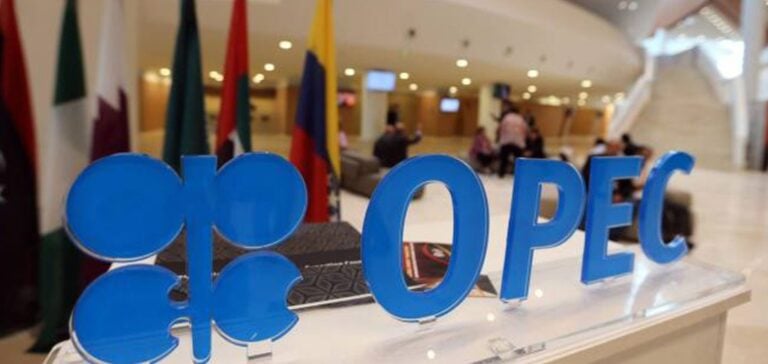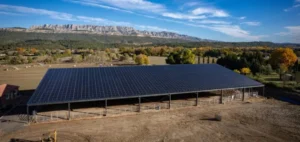Russia recently announced that its oil production for May exceeded the quotas set by the OPEC+ group (Organization of the Petroleum Exporting Countries and its allies). Although precise figures have not been released, the Russian Energy Ministry has assured us that this situation will be rectified in June, in line with targeted production levels.
Excess production and future commitments
Russia’s quota overshoot comes against a backdrop of OPEC+ production cuts scheduled to begin at the end of 2022. These deep cuts were aimed at stabilizing the oil market in the face of moderate demand, high interest rates and rising US production. Russia’s production quota for May was set at around 9.1 million barrels per day, including additional voluntary cuts.
Compensations and Extensions of Agreements
To compensate for excess production, Russia has declared that adjustments will be made until September 2025. This move is in line with OPEC+’s recent decision on June 2 to extend the majority of its production cuts until 2025. OPEC+ members have committed to a gradual reduction of 2.2 million barrels per day over the period from October 2024 to September 2025.
Reactions and Reactive Measures
In addition, Russian President Vladimir Putin has extended retaliatory measures against Western oil price caps until the end of 2024. The decision, published in a government decree, prohibits Russian oil exporters and customs authorities from complying with these price ceilings, established to weaken Moscow’s military efforts in Ukraine without disrupting markets.
Price Cap Context
The price cap, a measure unprecedented even during the Cold War, is designed to limit Russia’s income while maintaining world market balance. To gain access to Western financing for crucial aspects of global shipping, such as insurance, oil traders must commit to paying no more than $60 per barrel for Russian oil transported by sea.
The current situation highlights the challenges and tensions within the global oil market, with Russia seeking to navigate between obligations to OPEC+ and external economic and political pressures. The decisions taken over the coming months will be crucial for the balance of the global energy market and international economic relations.






















